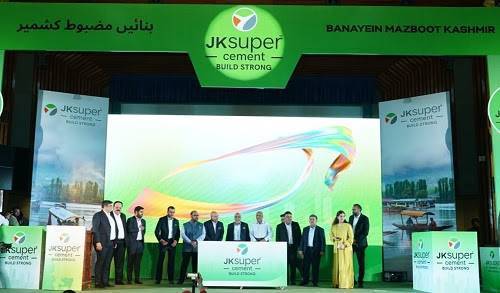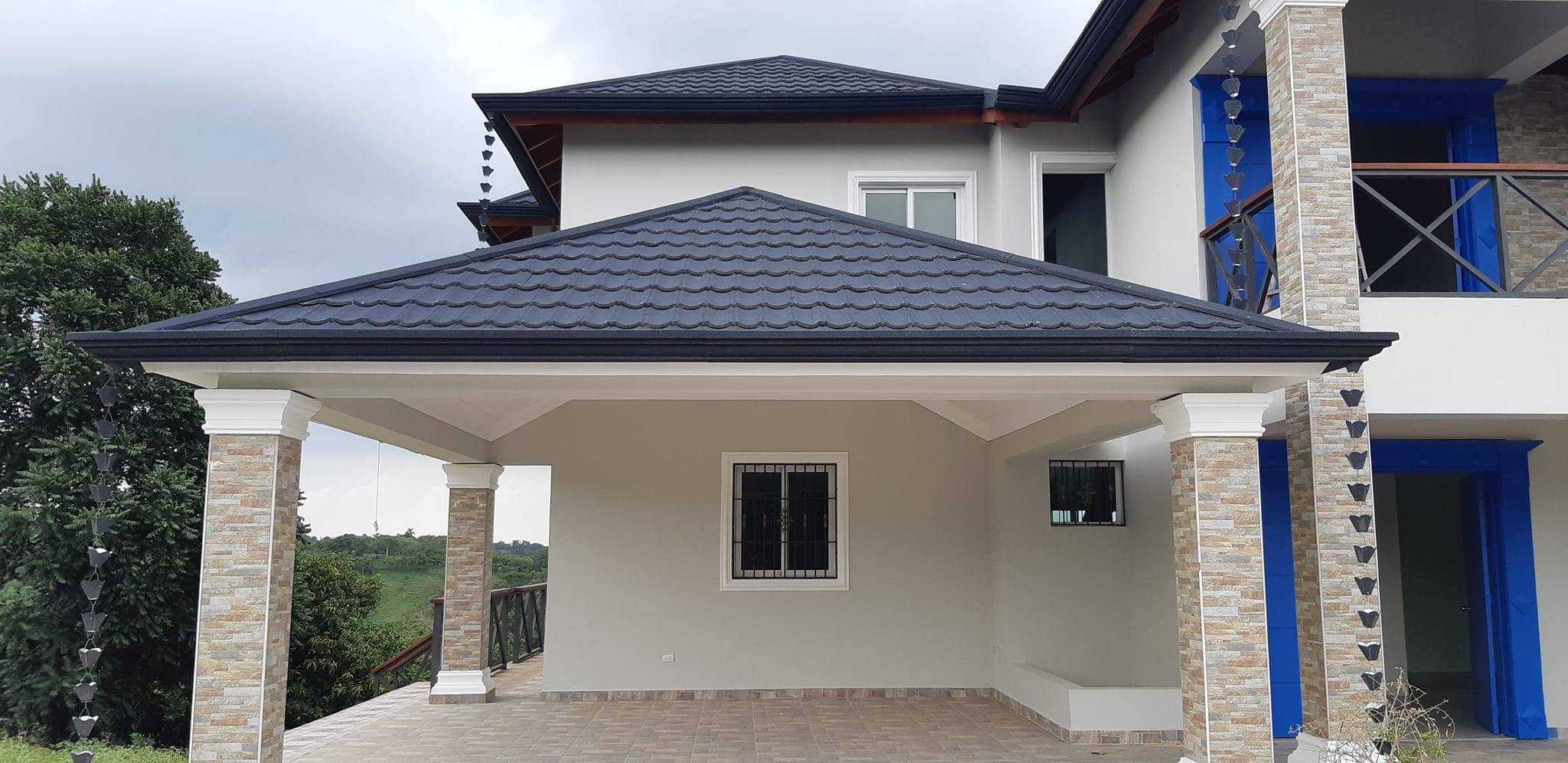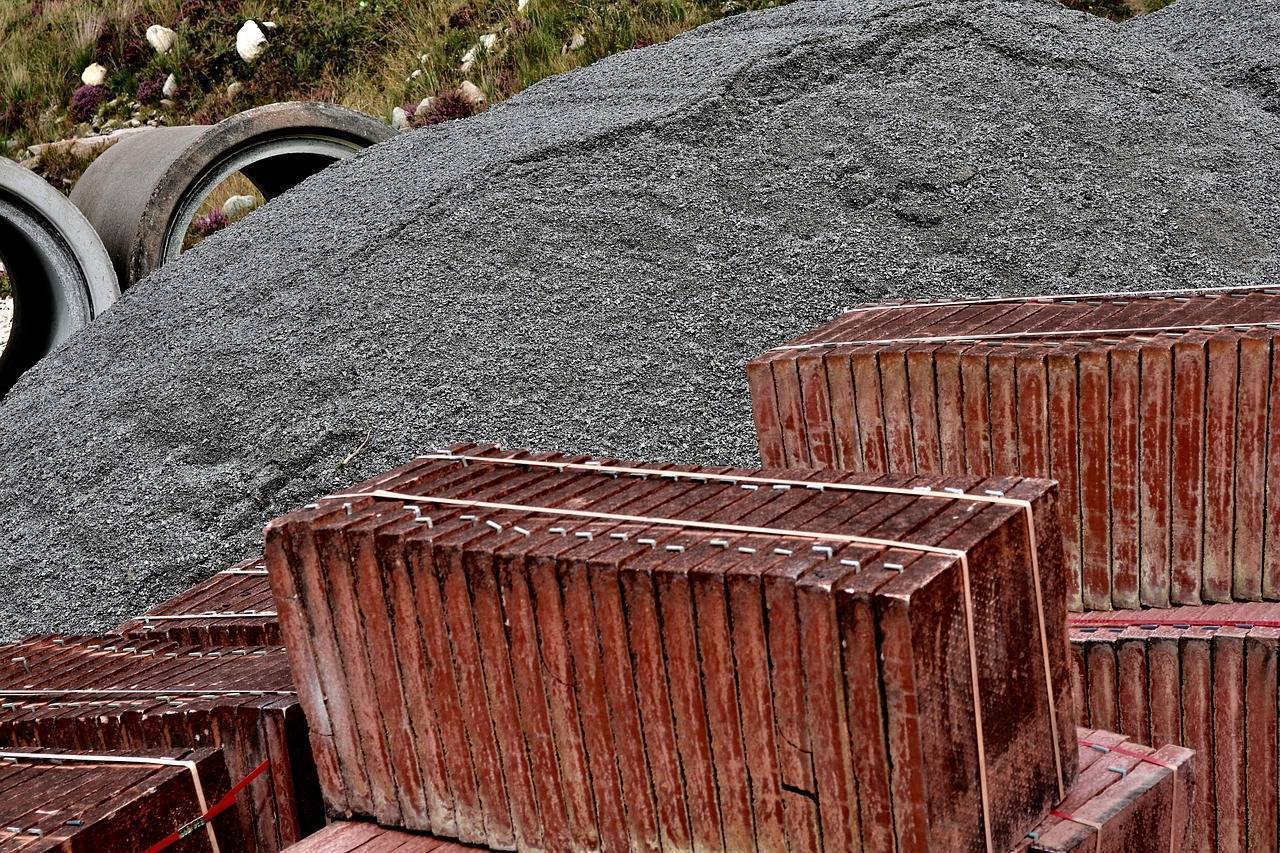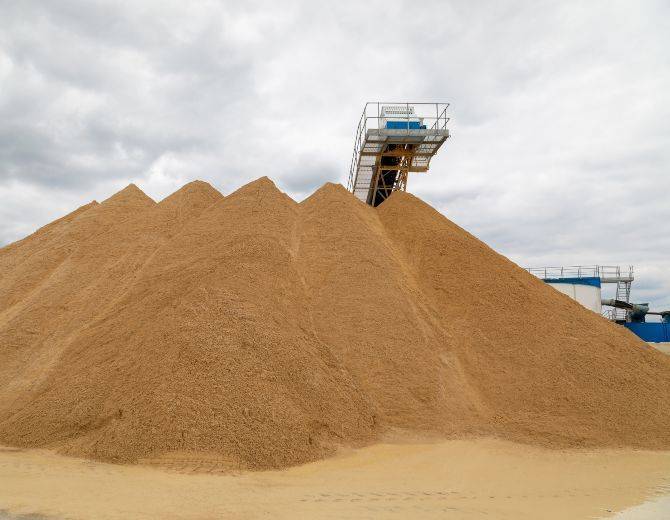The Ahmedabad Municipal Corporation (AMC) is set to introduce a new Standard Operating Procedure (SOP) governing the setup and operation of Ready Mix Concrete (RMC) plants within the city. This move aims to regulate RMC plants more effectively and address growing concerns over air pollution and unauthorized operations.
The proposed SOP will require all RMC plants to obtain mandatory registration and authorization before commencing construction activities. This initiative follows a similar step taken by the Ahmedabad Urban Development Authority (AUDA) earlier this year. On April 9, 2025, AUDA had released its first SOP specifically targeting both on-site and off-site RMC plants under its jurisdiction, setting a precedent for stricter regulation in the region.
One of the key measures under the new SOP is the prohibition of RMC plants in residential zones. This decision comes after repeated complaints from residents regarding dust and emissions from existing plants situated near homes and densely populated areas. The AMC aims to relocate these plants away from residential neighborhoods to curb air pollution and protect public health.
Officials from AMC have stated that the revised guidelines are designed to enforce stricter environmental compliance and reduce particulate matter in the air, which is a significant contributor to pollution levels in the city. Unauthorized RMC plants operating in violation of zoning regulations are expected to face closure once the SOP is implemented.
The new regulations are part of a broader effort by the municipal corporation to improve urban air quality and ensure that construction-related activities comply with environmental norms. By formalizing the registration and operational procedures, AMC hopes to foster a safer and cleaner urban environment.
The construction industry heavily relies on RMC plants for supplying concrete essential for various projects. However, the environmental impact of these plants, particularly in terms of dust and emissions, has been a growing concern in Ahmedabad. This step by AMC reflects an increased focus on balancing development needs with environmental sustainability.
Residents and construction firms alike are expected to closely follow the rollout of the SOP, which will define clear operational boundaries for RMC plants and promote greater accountability among operators. The civic body’s approach aims to address public grievances while supporting the construction sector’s needs.
The enforcement of this SOP will align Ahmedabad with other major cities implementing similar controls to mitigate pollution from industrial activities within urban areas. As cities continue to grow, such regulatory frameworks are critical to ensuring sustainable and healthy urban living conditions.
The Ahmedabad Municipal Corporation is currently finalizing the SOP and plans to release the guidelines shortly. Once in effect, it will mark a significant step forward in controlling pollution and managing industrial operations in the city.









.png)